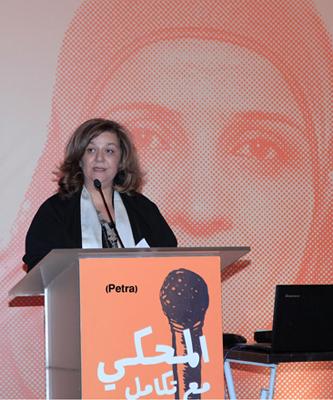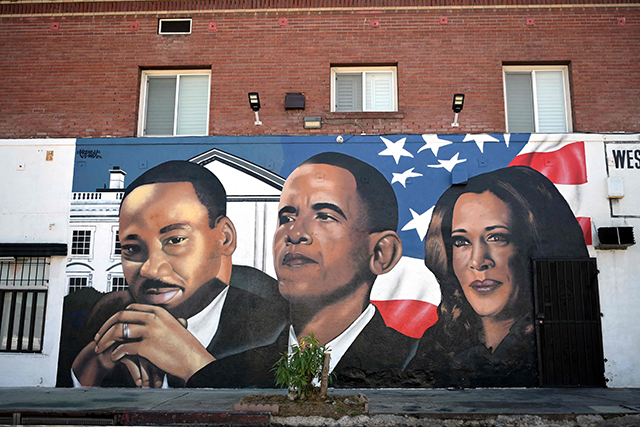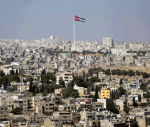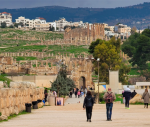You are here
Black American history can inspire Arab struggles against injustice, poet says
By Laila Azzeh - Mar 04,2017 - Last updated at Mar 04,2017
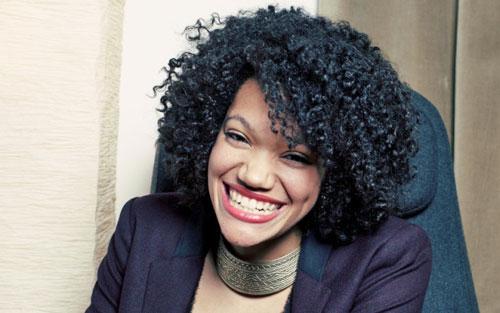
Alysia Harris
AMMAN — For slam poet Alysia Harris, the significance of poetry stems from its ability to redefine one’s experience, giving people a chance to dig deeper into their emotions and understand how they are influenced by what happens around them.
In light of continuing unrest in parts of the region, the artist believes poetry can serve as a path to salvation, by igniting an awareness of one’s own feelings.
“Poetry is a way to make sense of things and step back from the world and figure out who I am and where we are in this particular moment. I think we are constantly bombarded with the chaos that is going [on] around us. The devastation becomes overwhelming and then all we can be is reactive,” she told The Jordan Times in an exclusive interview in Amman.
Harris added that “poetry is a prayer in a way. You step away and take stock of what is happening, and you try to understand your emotions… You are given a chance to work through your emotions and your feelings and kind of make sense of things”.
Invited to Jordan by the US embassy in Amman to mark Black History Month, the artist believes that black history can serve as an inspiration for Arabs who suffer wars and injustices.
“For me, black artists and black poets in general have always had the ability to create, because the act of creating says that I am still alive and still here and my story cannot be reduced to simple suffering,” Harris explained.
“There are moments of joy, moments of celebrations, moments of resistance within this larger narrative, and I think that is what keeps people moving... my people are incredibly hopeful and incredibly optimistic,” she added.
Born in Fairmont, California, the poet sees her visit to the Middle East as an opportunity to show a different side of black America.
“I think people have limited perspectives about black Americans. They see what they see in the news or from popular culture, but do not have the chance to meet real people to talk about our experience from [our] own perspective, so it is really important for me to be able to do that,” Harris highlighted, adding that “our understanding of people is always filtered through the media”.
Her interest in interfaith-dialogue and themes of violence inspired Harris to delve further into these topics.
“I want to work in a culture and interfaith context. Not in the typical interfaith way, because we do believe in different things, otherwise we would have followed the same religion, but we don’t. Why can’t we talk about our beliefs in a way that makes our relationship deeper and richer?” asked Harris, who aspires to embark on interfaith work that looks at developing relationships between Evangelical Christians and Muslims who want to practise dawah (preaching Islam).
As part of her visit to the Kingdom, Harris discussed issues related to diversity and resilience in American society with students from Yarmouk University, visited a refugee centre in east Amman and performed with local poets at the Awtad Culture Space.
She also conducted a workshop series, with local poets selected as finalists in the embassy’s recent competition to find the best slam poets, focusing on the theme of identity.
Related Articles
AMMAN — Seven young Jordanians employed verse in expressing their views on gender issues and advocating for social change in a poetry slam o
NEW YORK — As a child, punk-poet icon Patti Smith was instructed never to accept anything from strangers — which meant one day she was force
CHICAGO — Barack Obama hailed Kamala Harris as the future of the Democratic Party on Tuesday as she was formally crowned its presidential no


